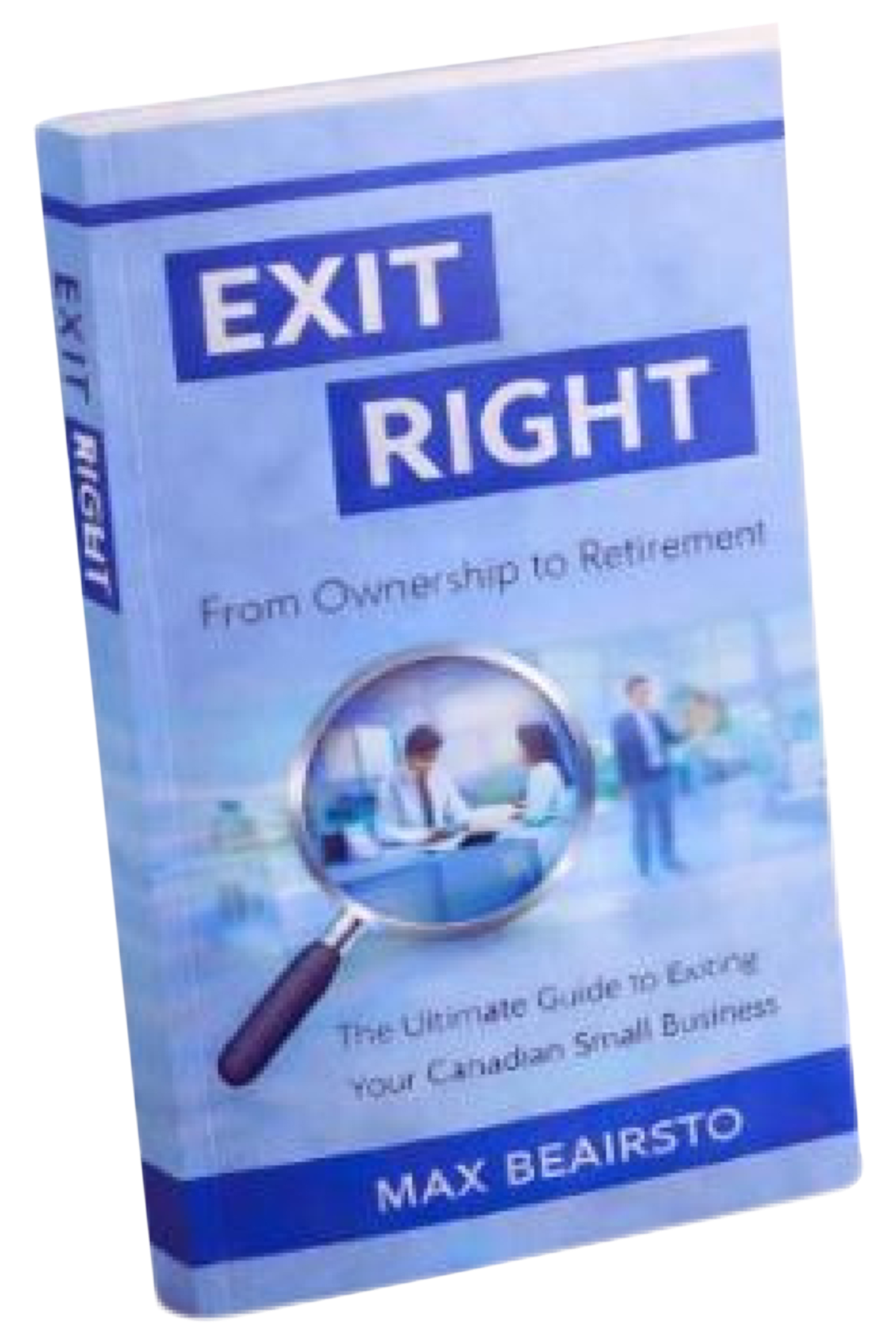July 16, 2025
Selling a pharmacy business is a significant decision—one that involves more than just listing a store and waiting for offers. Whether the goal is retirement, relocation, or a new venture, selling an independent pharmacy in Canada takes preparation, planning, and a clear understanding of the process.
From valuation to operations to legal readiness, each step plays a role in maximizing sale value and attracting the right buyer. Pharmacy owners who invest time and resources early tend to achieve smoother transitions and better financial outcomes.
1. Get a Professional Pharmacy Business Valuation
Before deciding to sell your pharmacy, it’s important to understand what the business is truly worth. A professional valuation considers more than gross sales—it looks at prescription volume, third-party payor mix, staff structure, inventory, goodwill, and normalized EBITDA.
Overpricing can deter serious buyers; underpricing leaves money on the table. A valuation also provides a foundation for negotiations and helps clarify whether now is the right time to sell a pharmacy business based on current market conditions.
2. Clean Up Your Financials and Documentation
Buyers expect clean, accurate, and up-to-date financial records. Unorganized or incomplete files create uncertainty and delay due diligence. Pharmacy owners should work with accountants to ensure all records—tax returns, income statements, balance sheets, inventory reports—are ready for review.
This step involves reconciling receivables, verifying vendor contracts, and updating any outdated or unclear entries. Organized records not only build trust but also expedite the sales process and support a stronger asking price.
3. Resolve Legal, Lease, and Licensing Issues
Before selling an independent pharmacy, it’s essential to address any unresolved legal matters or lease complications. This includes ensuring the pharmacy’s license is valid and up-to-date, all vendor agreements are assignable, and staff contracts are clearly documented.
If the business location is leased, ensure that lease terms are transferable to a new owner or that the landlord is open to renegotiation. Overlooking these areas can jeopardize a deal late in the transaction or reduce buyer confidence.
4. Optimize Operations to Improve Sales Appeal
Just as staging a home before selling increases its appeal to buyers, optimizing pharmacy operations enhances the appeal to potential buyers. This includes streamlining staffing, reducing unnecessary expenses, improving inventory control, and addressing workflow bottlenecks.
Even simple improvements—such as upgraded technology systems or clearer SOPs—can make a significant difference in perceived value. Buyers want to walk into a pharmacy that is well-run, profitable, and poised for continued success.
5. Plan Your Exit Strategy and Transition Period
An effective exit strategy includes deciding how long the current owner will remain involved post-sale, outlining a knowledge transfer plan, and communicating with staff about timing and next steps.
Some buyers may request that owners stay on temporarily to assist with operations or customer retention. Clarifying this arrangement ahead of time ensures that expectations are aligned and the transition process is smooth for both parties.
Set the Stage for a Successful Sale
The steps taken before listing a pharmacy are just as important as the sale itself. From valuation to operations to legal clarity, preparation lays the foundation for a smooth and rewarding exit.
Partner with EVCOR to navigate the full process of selling a pharmacy business in Canada—from valuation and readiness assessment to buyer matching and deal structuring. Connect with EVCOR today and prepare your pharmacy for a successful transition.



